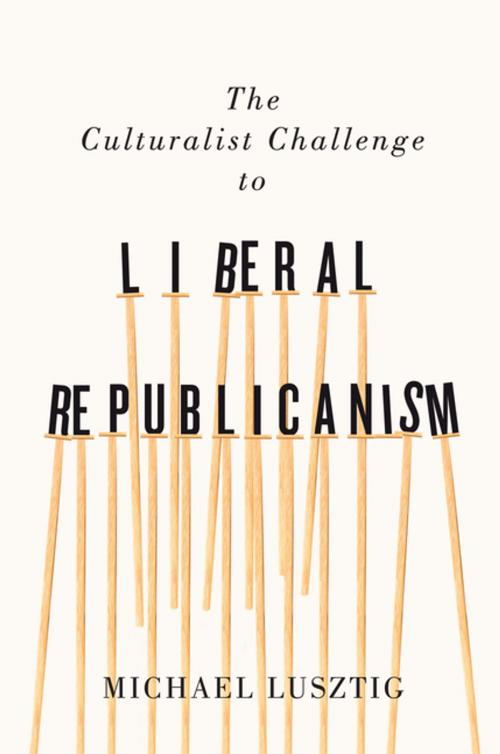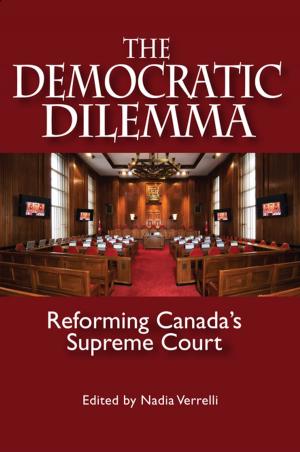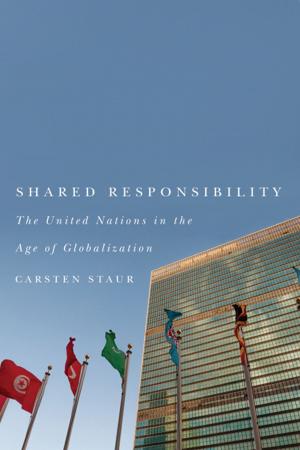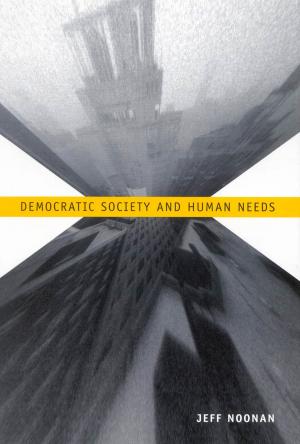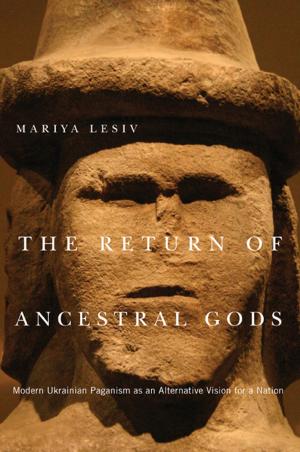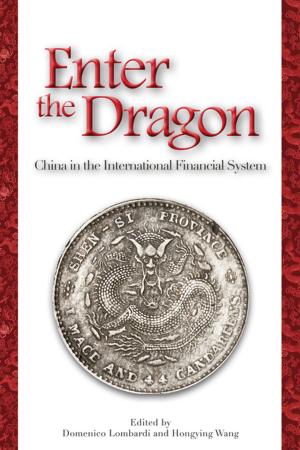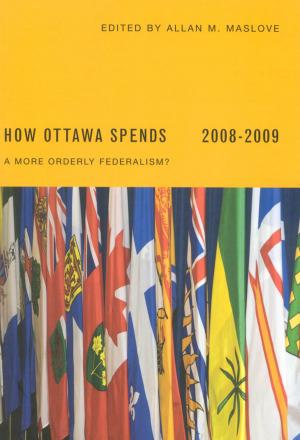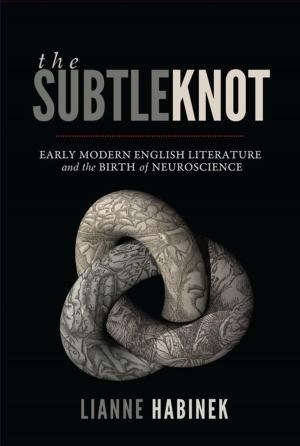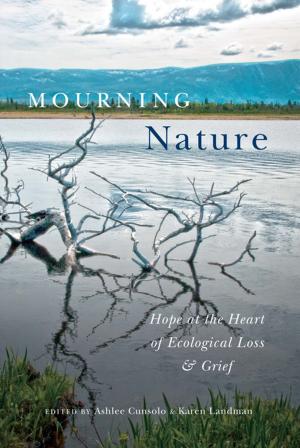The Culturalist Challenge to Liberal Republicanism
Nonfiction, Religion & Spirituality, Philosophy, Political| Author: | Michael Lusztig | ISBN: | 9780773551718 |
| Publisher: | MQUP | Publication: | September 13, 2017 |
| Imprint: | MQUP | Language: | English |
| Author: | Michael Lusztig |
| ISBN: | 9780773551718 |
| Publisher: | MQUP |
| Publication: | September 13, 2017 |
| Imprint: | MQUP |
| Language: | English |
It is tempting to think of liberal democracy in terms of immortality. Democracies have survived wars and depressions, Nazis and communists – so much so that at the end of the Cold War Francis Fukuyama famously declared the “end of history.” In The Culturalist Challenge to Liberal Republicanism, Michael Lusztig assesses the risks that multiculturalism and other forms of culturalism pose to liberal democracy. Establishing the nature of the current regime and exploring the emergence of a cogent theory of justice grounded in both liberal and republican theory, Lusztig demonstrates the inconsistencies between liberal republicanism and culturalist theories of justice. Exploring both the institutional and cultural effects of the tension between culturalism and liberal republicanism, he seeks a balanced view that falls somewhere between Fukuyama’s optimism for regime mortality and the pessimism inherent in the work of more conservative theorists like Samuel Huntington. Lusztig concludes that the narrowness of liberal republican justice is ameliorated by multiculturalism, but the hidden danger is that multiculturalism can serve as a stalking horse for more pernicious agendas. Given the increasing cultural diversity faced by North American and European nations, The Culturalist Challenge to Liberal Republicanism has important implications for political stability in the twenty-first century.
It is tempting to think of liberal democracy in terms of immortality. Democracies have survived wars and depressions, Nazis and communists – so much so that at the end of the Cold War Francis Fukuyama famously declared the “end of history.” In The Culturalist Challenge to Liberal Republicanism, Michael Lusztig assesses the risks that multiculturalism and other forms of culturalism pose to liberal democracy. Establishing the nature of the current regime and exploring the emergence of a cogent theory of justice grounded in both liberal and republican theory, Lusztig demonstrates the inconsistencies between liberal republicanism and culturalist theories of justice. Exploring both the institutional and cultural effects of the tension between culturalism and liberal republicanism, he seeks a balanced view that falls somewhere between Fukuyama’s optimism for regime mortality and the pessimism inherent in the work of more conservative theorists like Samuel Huntington. Lusztig concludes that the narrowness of liberal republican justice is ameliorated by multiculturalism, but the hidden danger is that multiculturalism can serve as a stalking horse for more pernicious agendas. Given the increasing cultural diversity faced by North American and European nations, The Culturalist Challenge to Liberal Republicanism has important implications for political stability in the twenty-first century.
